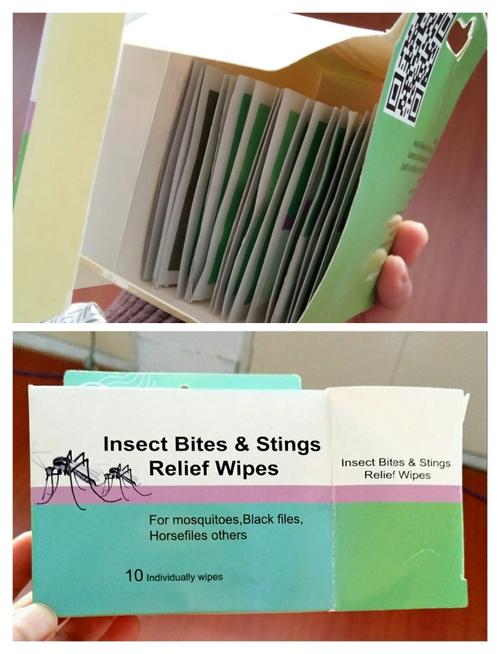
Insect Bites and Stings: A Comprehensive Guide
Have you ever found yourself scratching an itchy bump on your skin, wondering what caused it? Chances are, it was an insect bite or sting. Insect bites and stings are common occurrences, and while most are harmless, some can lead to serious health issues. In this article, we will delve into the various aspects of insect bites and stings, including their causes, symptoms, treatment, and prevention.
Causes of Insect Bites and Stings
Insect bites and stings are caused by various types of insects, such as bees, wasps, ants, mosquitoes, and ticks. Each insect has its own unique way of delivering its bite or sting, and the effects can vary widely.

| Insect | Bite/Sting Method | Common Effects |
|---|---|---|
| Bees | Sting with a barbed needle | Pain, redness, swelling, itching, and sometimes an allergic reaction |
| Wasps | Sting with a stinger | Pain, redness, swelling, itching, and sometimes an allergic reaction |
| Ants | Bite with their mandibles | Pain, redness, swelling, itching, and sometimes an allergic reaction |
| Mosquitoes | Bite with their mouthparts | Pain, redness, swelling, itching, and sometimes the transmission of diseases like malaria, dengue fever, and Zika virus |
| Ticks | Bite with their mouthparts and stay attached | Pain, redness, swelling, itching, and sometimes the transmission of diseases like Lyme disease and Rocky Mountain spotted fever |
Symptoms of Insect Bites and Stings
The symptoms of insect bites and stings can vary depending on the type of insect and the individual’s sensitivity. Common symptoms include:
- Pain or throbbing sensation
- Redness and swelling
- Itching
- Bruising
- Fever and chills
- Nausea and vomiting
In some cases, individuals may experience an allergic reaction, which can be life-threatening. Symptoms of an allergic reaction include:
- Severe swelling of the throat and tongue
- Difficulty breathing
- Severe itching and hives
- Lightheadedness or fainting
Treatment of Insect Bites and Stings
The treatment for insect bites and stings depends on the severity of the symptoms. Here are some general guidelines:
- Wash the area with soap and water to prevent infection.
- Apply a cold compress to reduce swelling and pain.
- Take an antihistamine to relieve itching and swelling.
- Use a pain reliever, such as ibuprofen or acetaminophen, to reduce pain and inflammation.
In cases of severe allergic reactions, immediate medical attention is necessary. This may include the administration of epinephrine, antihistamines, and corticosteroids.
Prevention of Insect Bites and Stings
Preventing insect bites and stings is the best way to avoid the discomfort and potential health risks associated with them. Here are some tips:
- Wear protective clothing, such as long sleeves and pants, when spending time outdoors.
- Use insect repellents containing DEET, picaridin, or oil of lemon eucalyptus.
- Keep your home and yard free of insects by sealing cracks and crevices, removing standing water


